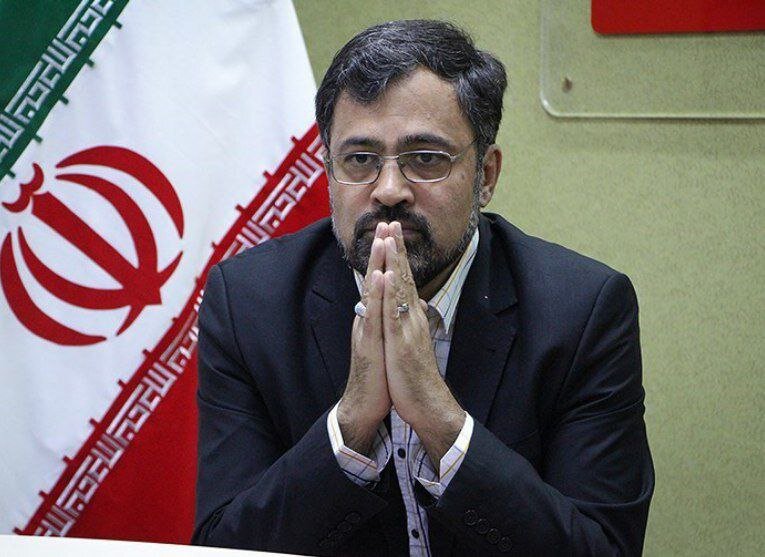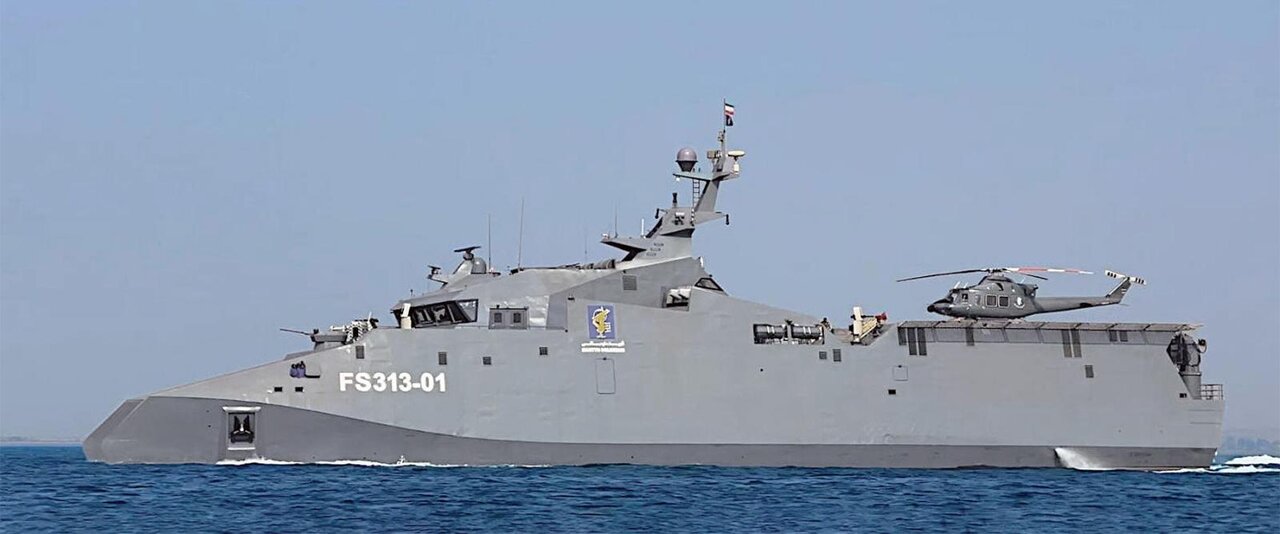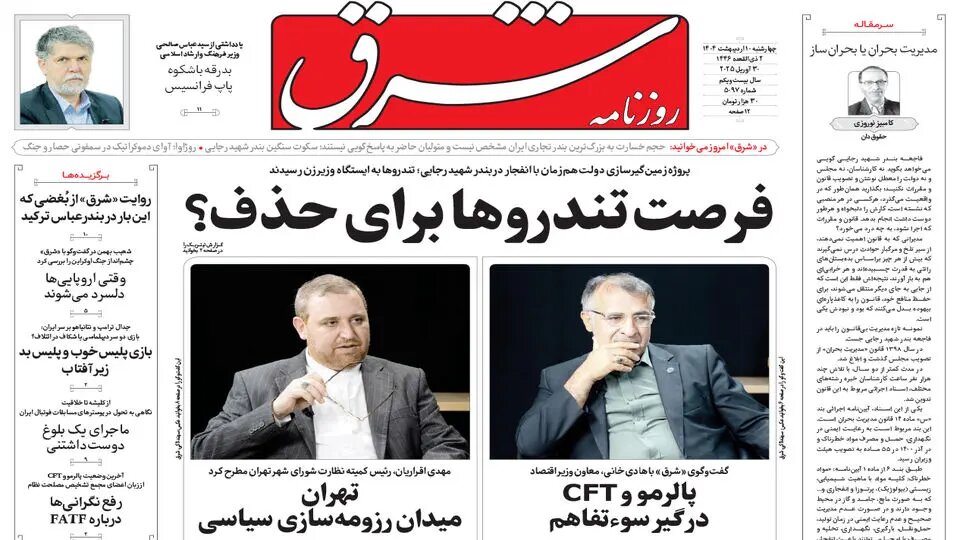
TEHRAN- For nearly a decade, Yemen has been embroiled in a devastating conflict, with Ansarallah emerging as a formidable force against both the Saudi-led coalition and, more recently, the United States.
Despite relentless airstrikes and a crippling blockade, Ansarallah has not only maintained control over significant portions of the country but have demonstrated an increasing ability to strike back, reshaping regional dynamics.In March 2015, Saudi Arabia, leading a coalition of nine countries, launched a military intervention in Yemen with the primary objective of reversing the Ansarallah takeover of Sana'a and restoring the government of President Hadi.
Codenamed "Operation Decisive Storm," the intervention initially consisted of airstrikes on Ansarallah and a full blockade.
Despite claims of achieving its initial goals, the Saudi-led coalition's intervention unequivocally failed to dislodge Ansarallah from power.The intervention, marred by strategic miscalculations and structural weaknesses, exacerbated the humanitarian crisis in Yemen, leading to widespread civilian casualties and infrastructure destruction.
Ansarallah, adept at asymmetric warfare, exploited Saudi missteps, expanding their reach and launching attacks deep into Saudi territory.The conflict devolved into a military stalemate, draining Saudi resources and exposing vulnerabilities in the kingdom's military capabilities.United States involvement and strategic failureIn March 2025, under President Donald Trumps second term, the United States launched Operation Rough Rider, a major campaign of air and naval strikes targeting Ansarallahs radar systems, air defenses, and launch sites.
The goal was to counter Ansarallah, which has been targeting ships to and from Israel in response to its genocidal acts against the people in the Palestinian coastal strip of Gaza.However, the United States has claimed it wants to secure Red Sea shipping lanes and degrade Ansarallahs capabilities.
Despite claims of tactical successes, the overall impact of the operation remains questionable.The Trump administrations policy failed for several reasons: it underestimated Ansarallahs resilience, relied heavily on military force, and neglected the political and social complexities of the conflict.The heavy civilian toll from United States airstrikes further fueled resentment and undermined the legitimacy of American involvement.
By escalating military action without a political strategy, Washington risked drawing the region into broader instability.Ansarallah uses asymmetry and adaptability as a strategyAnsarallahs success stems from its strategic use of asymmetric warfare, including guerrilla tactics and drone attacks, which have helped offset the superior firepower of its adversaries.Their deep knowledge of Yemens rugged terrain, especially in the north, and their ability to exploit internal divisions within the anti-Ansarallah coalition have further strengthened their position.These factors have enabled them to not only survive but also expand their influence.The cost of endless warThe financial cost of the campaign has been staggering: nearly $1 billion spent in just over three weeks, not including the ongoing expenses of Operation Prosperity Guardian, which costs an estimated $600 million per month.The deployment of expensive assets, such as B-2 bombers and aircraft carriers, and the loss of high-value drones highlight the unsustainable nature of the air raid campaign.Meanwhile, Ansarallah has adapted, using fortified bunkers and underground stockpiles to withstand strikes and continue attacks, even targeting United States warships.Strategic parallels with Iraq and AfghanistanThe failures in Yemen bear a striking resemblance to past United States engagements in Iraq and Afghanistan.
In both cases, the United States prioritized military solutions over political negotiation, underestimated local insurgencies, and ignored complex socio-political realities.
The result was prolonged conflict, rising anti-American sentiment, and weakened United States credibility abroad.In a debate called Democracy in Exile, Yemeni analyst Afrah Nasser put it, Yemenis are in desperate need of a durable, just, comprehensive peace.
She warns that the lack of a clear path to peace could mean another 10 years of this vicious circle of violence.According to dawnmena.org, Fatima Abo Alasrar echoed this concern, arguing that efforts to annihilate Ansarallah mirror the flawed thinking behind United States failures in Afghanistanwhere military solutions masked a lack of understanding about local power structures and political legitimacy.(It) looked as if Trump and his inner circle were playing some kind of video game.
It showed how there is no seriousness in dealing with the Yemen question, or really with Yemen in general.
We saw that with the Saudi-led coalition, too.
When they entered Yemen, they thought that in six weeks they could finish the job and leave.
And now we see an unrealistic approach in dealing with such a huge geopolitical issue, with the Houthis just being discussed this way on a group chat.It was really a testimony to the recklessness and disregard for the significance of the situation in Yemen.
Without a political solution to what's happening in Yemen and the Red Sea, without a political solution based on negotiation, a military solution alone is futile.
It will not work.I hope Yemen will not be another Afghanistan stuck in a war with the United States for decades or more, Afrah Nasser remarked.The conflict in Yemen represents not only a humanitarian catastrophe but also a critical test of Americas global military posture.As in Afghanistan, the United States risks entrenching itself in a costly, unwinnable conflict that fails to achieve strategic goals.
Unless Washington embraces a Yemeni-led political solution that prioritizes diplomacy over bombs, Yemen may become another symbol of American overreach and miscalculation..
This article first appeared/also appeared in Tehran Times

 7
7














